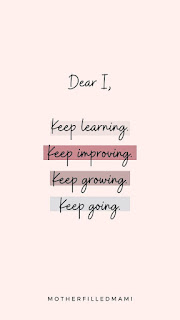AI Is Powerful. But It Is Still a Machine.

Lately, I’ve been reading a lot about AI — especially around L&D, research, and learning sciences. The more I read, the more one thing becomes clear that AI is powerful, but it needs human caution and human touch. Let me explain what I mean in very simple words. We use a lot of Gen AI to write our emails or do some project work at work or school, yet if AI writes everything for you, what are you learning? If you use AI for every email, write up or every summary, you can feel productive, but you don’t always feel deeply connected to what you produced. The attention and attachment to material is limited as less thought has gone to create it. Because learning is not just about output, it is about the neural connections forming in your brain. When you struggle to write, structure, rethink, delete, rewrite, that is when real learning happens. That is when memory sticks. That is when your thinking sharpens. If AI does most of that heavy lifting, you might understand the topic, but ...


















